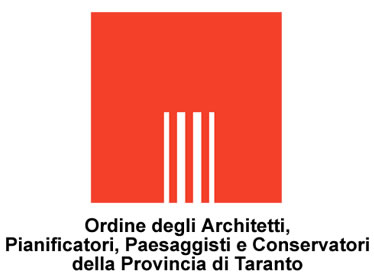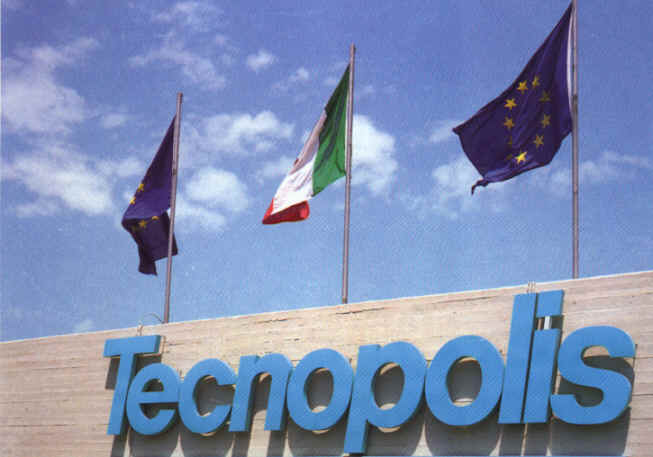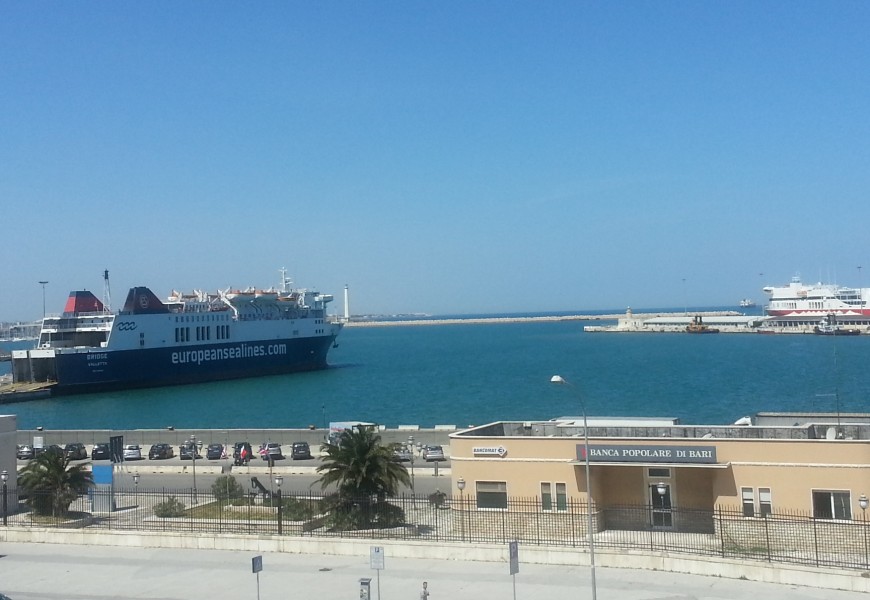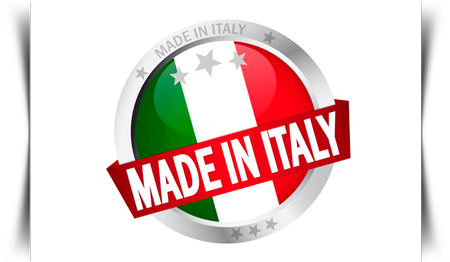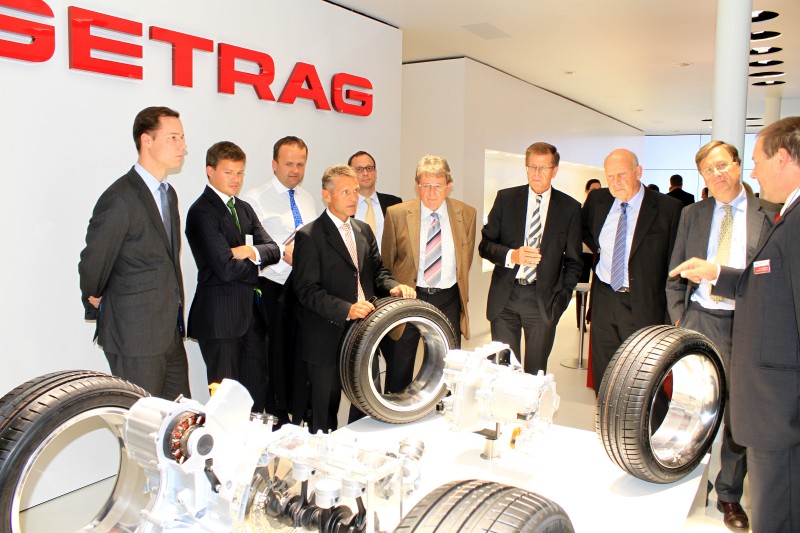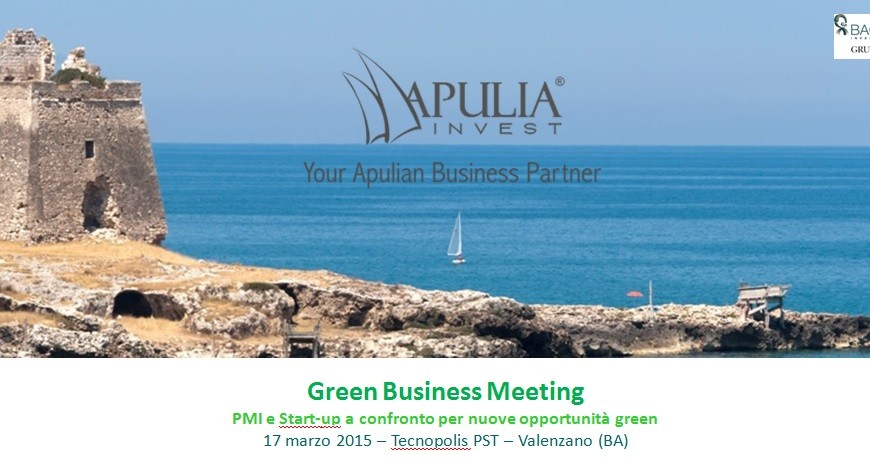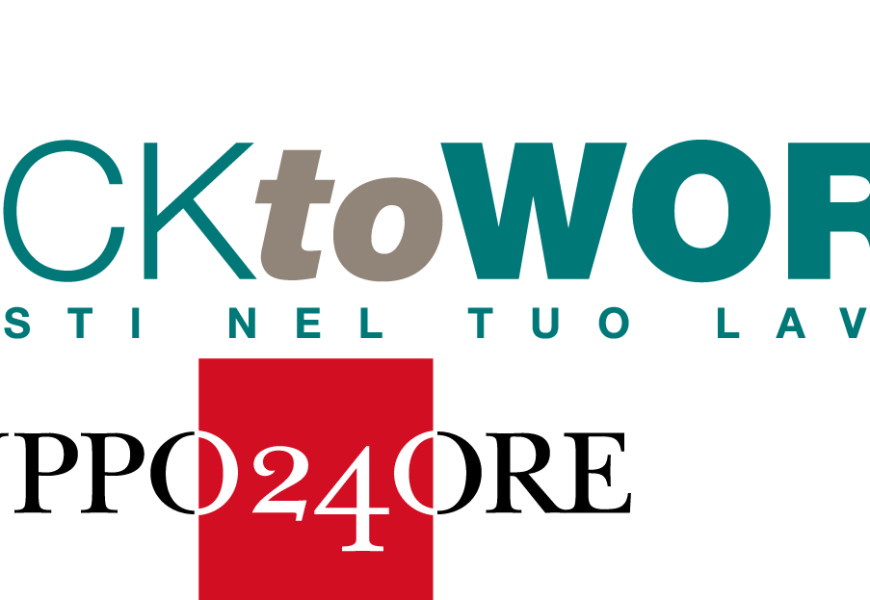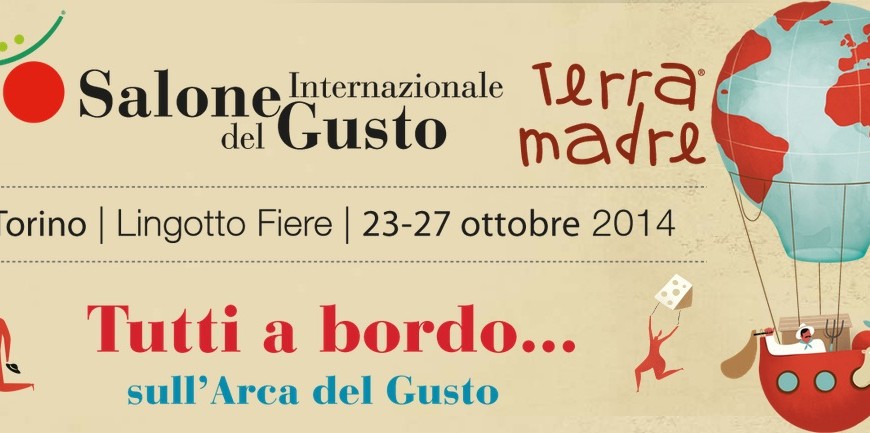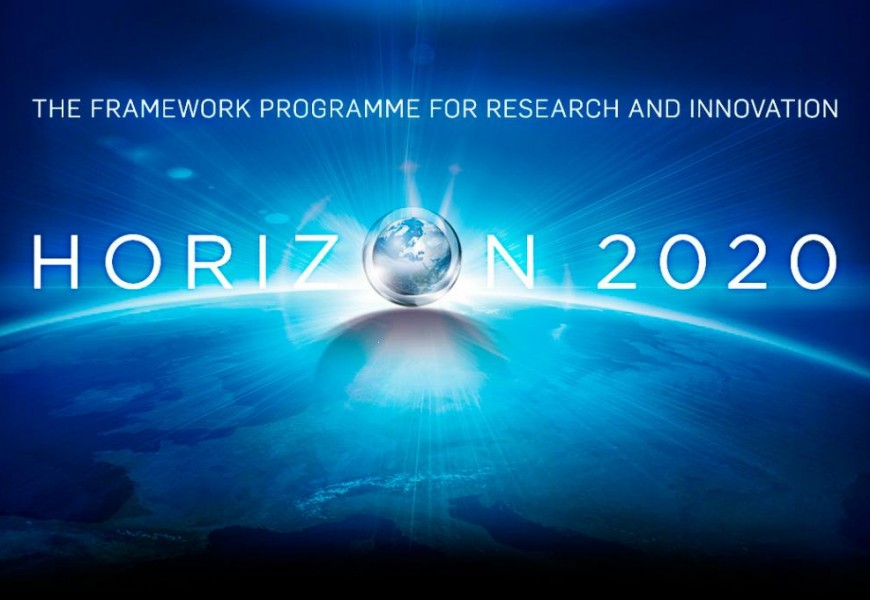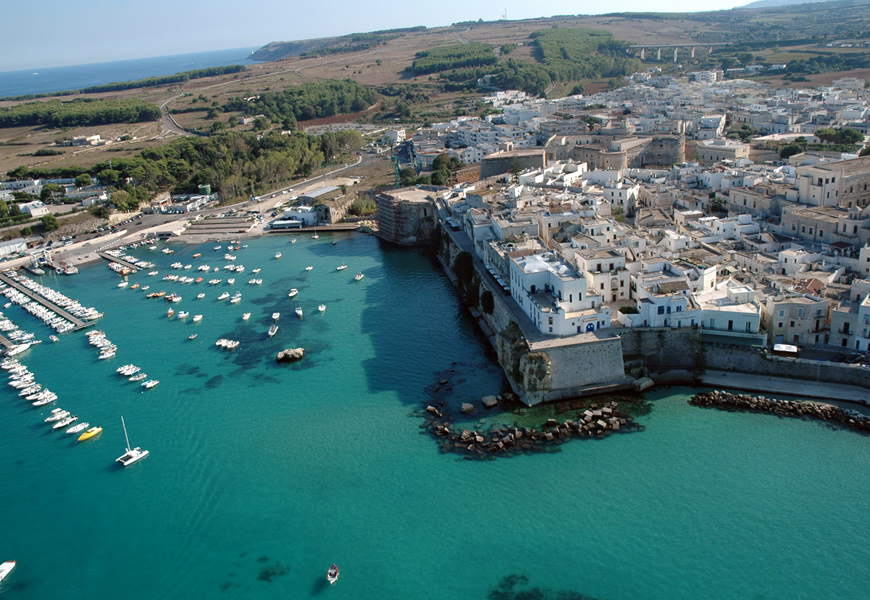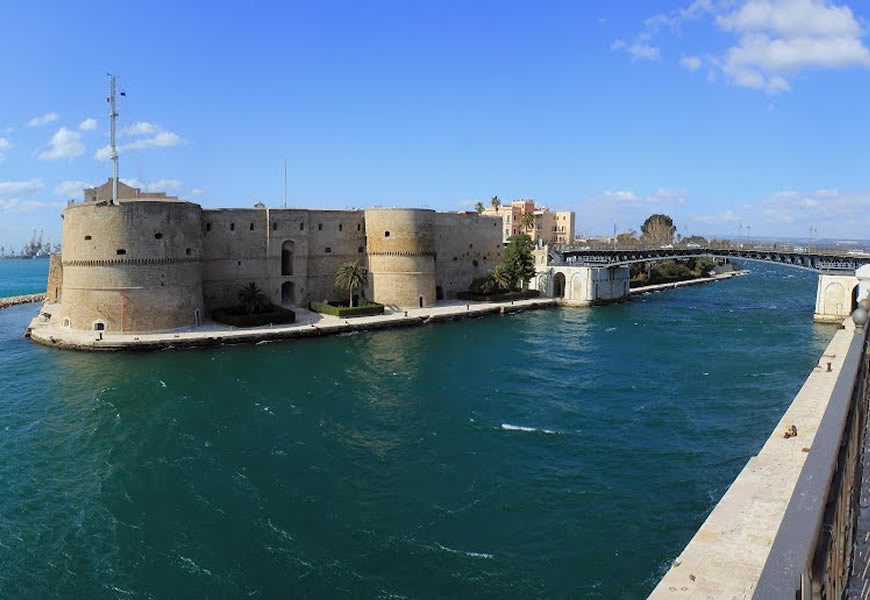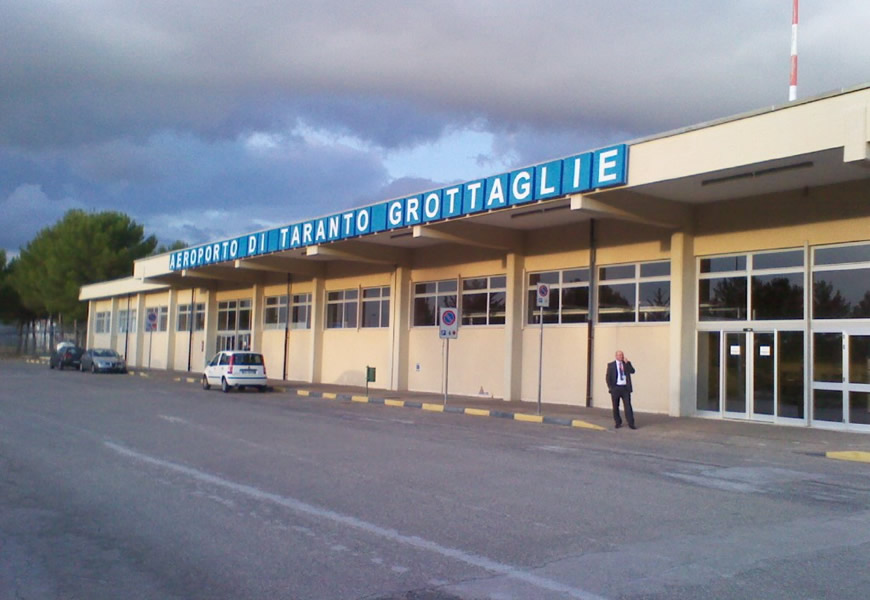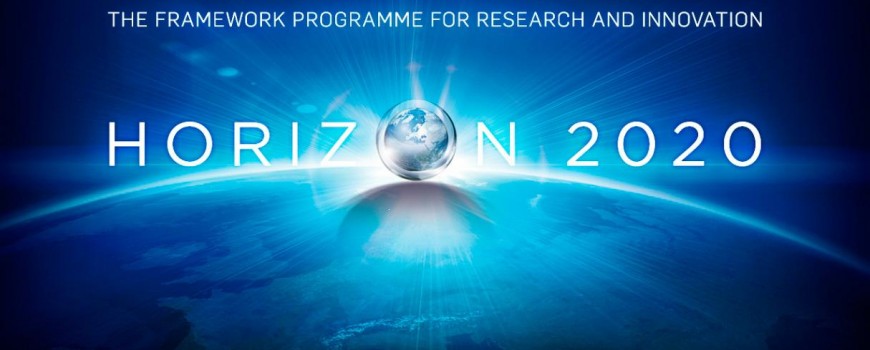
On April 7 (2014), «Horizon 2020″ was officially launched in Italy.
Horizon 2020 is the financial instrument implementing the European Union innovation, a flagship initiative of the Europe 2020 Strategy, which aims to ensure the global competitiveness of Europe. Horizon 2020 is the EU’s main instrument for funding research in Europe for the period 2014-2020.
Horizon 2020 therefore, has taken over everything that previously belonged to the Seventh Framework Programme, the Framework Programme for Competitiveness and Innovation (CIP) and the European Institute for Innovation and Technology (EIT).
The new program, in place since January 2014 until December 2020, will support the EU in the global challenges, by providing (to researchers and innovators) the necessary tools for the realization of their projects and ideas. The amount of the «budget» for Horizon 2020 (including the Euratom program for nuclear research) is € 70.2 billion at constant prices / € 78.6 billion at current prices.
Basically, the program consists of three priorities:
1 EXCELLENT SCIENCE aims to raise the level of excellence in Europe’s science base supporting the best ideas, by developing talents in Europe, allowing researchers to have access to the priority research infrastructure and making Europe an attractive place for the best researchers in the world.
This will allow to:
- support the most talented and creative individuals (and their research team) in carrying out their high quality frontier research, leveraging the success of the European Research Council (ERC);
- fund collaborative research to open new and promising fields of research and innovation through support for future and emerging technologies (FET);
- provide researchers with excellent opportunities for training and career development through the Marie Curie Actions;
- ensure that Europe has world class research infrastructures (including the networked electronic infrastructures) accessible to all researchers in Europe and in other countries.
2 INDUSTRIAL LEADERSHIP aims to make Europe a more attractive place to invest in research and innovation, promoting structured activities by companies. It will support major investments in key industrial technologies, it will stimulate the growth potential of European companies by providing them with adequate levels of funding and by helping innovative SMEs to become leading enterprises in the world.
This will help to:
• consolidate its leadership in enabling and industrial technologies, providing special support to ICT, nanotechnologies, advanced materials, biotechnology, advanced manufacturing and processing and space research, also supporting cross-cutting actions to obtain benefits accumulated by combination of several key enabling technologies (Key enabling technologies);
• Facilitate access to financing with venture capital;
• provide with support for innovation in SMEs of the European Union.
3 SOCIAL CHALLENGES reflects the political priorities of the Europe 2020 strategy and addresses the major concerns shared by citizens in Europe and in other countries. A challenges based approach will bring together resources and knowledge from a variety of sectors, technologies and disciplines, including the social and human sciences. Activities ranging from research to market will be covered, with a new «focus» on innovation-related activities, such as pilot projects, demonstrations, test benches, as well as support to public procurement and commercial adoption. There will be also connections with the activities of the European Partnerships for Innovation (EIP).
The funds will focus on the following challenges:
• health, demographic change and well-being;
• food security, sustainable agriculture, marine and maritime research and the bio-economy;
• clean, safe and efficient energy;
• intelligent transport, green and integrated transport;
• Climate action, resource efficiency and raw materials;
• inclusive, innovative and secure societies.
Who can participate in the Horizon 2020 Programme
- Any enterprise, university or research center or other legal entity established in a Member State, in an associated country or a third country, may participate in a direct action provided that it meets the minimum conditions for participation.
- At least three legal entities must participate, each of which must be established in a Member State or an Associated country; all 3 legal entities must be independent of each other. Some exceptions are planned within the funding for SMEs (SME Instrument).
Type of funding
Contribution to the cost / cofinancing
Amount of funding
|
Project type |
Cofinanziamento |
| Research and Development |
|
| “CLOSER TO MARKET” project (proto-typing, testing, demonstration, experimental development, pilot projects, first commercial applications) |
|










